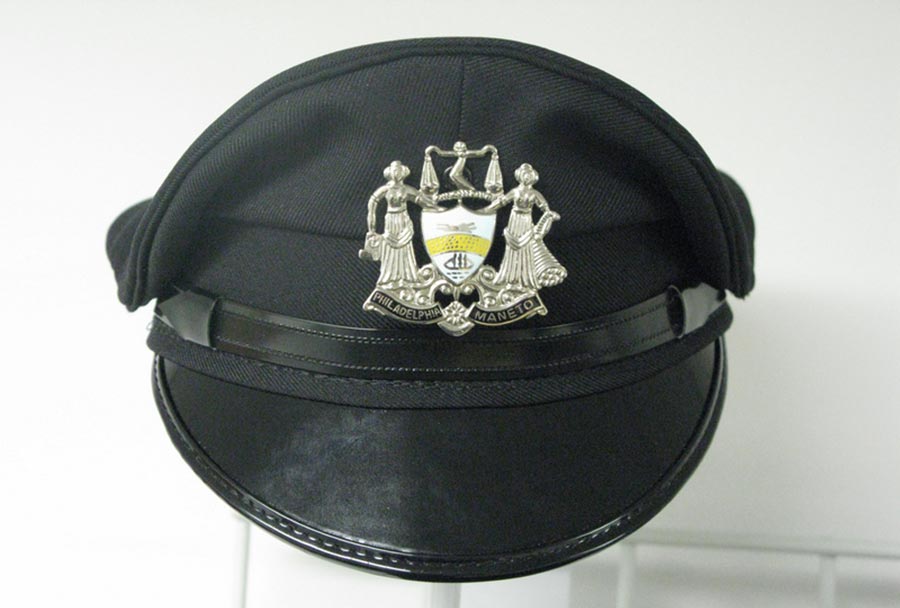For the past 12 years, an outstanding question in the Nizah Morris case has been whether Officer Elizabeth Skala was authorized to give a Center City “courtesy ride” to Morris.
Morris was very inebriated at the time, and Skala told investigators she wanted to take her home. Shortly after the ride, Morris was found by passing motorists at 16th and Walnut streets with a fractured skull.
The trans woman died two days later, on Dec. 24, 2002, and her homicide remains unsolved.
Last week, Skala testified in an unrelated DUI trial dating back to May 2002, seven months prior to the Morris incident. After refreshing her memory by reviewing police records, Skala testified that she received approval from a supervisor prior to making an arrest in the DUI case.
Skala’s ability to recall that detail offers hope that she’ll be able to similarly recall if a supervisor authorized the Morris courtesy ride.
It’s a key question, due to concerns that Morris’ head injury was caused by Skala and/or other responding officers, who then covered up the ride and subsequent homicide.
If it can be shown that a supervisor knew about the ride from its inception, concerns of an early cover-up attempt by responding officers would be negated.
On six separate occasions, beginning in January 2003, Skala gave testimony to investigators about the courtesy ride. On each occasion, Skala indicated that her decision to give the ride was made independently, without input from a supervisor.
In December 2006, Skala went so far as to tell the Police Advisory Commission that permission from a supervisor wasn’t needed, because the ride only spanned three blocks.
But her testimony is directly contradicted by a statement by Sgt. Michael Dougherty, who was Skala’s supervisor at the time of the Morris incident. In September 2003, Dougherty told the District Attorney’s Office that Skala called him on her cell phone and asked for permission to give Morris a ride, which he granted.
The PAC members didn’t know about Dougherty’s statement when questioning Skala, and she’s never been publicly confronted about it.
But the conflicting statements were cited by the PAC in 2013, when it recommended state and federal probes of the Morris case.
Advocates for Morris say it’s not too late to ask Skala about Dougherty’s version of events, in light of her ability to recall details of the DUI incident, which occurred prior to Morris’ homicide.
Former state Rep. Babette Josephs is a member of the Justice for Nizah committee. She said J4N seeks clarity on all aspects of the Morris case, including whether Dougherty gave permission for the courtesy ride.
“Nizah isn’t alive to tell her story,” Josephs told PGN. “At the very least, we’re entitled to know the police story. Did a supervisor give permission for the courtesy ride? The public has a right to know the answer to that important question.”
Resolving factual disputes about the ride would improve police-community relations, Josephs added.
“How can concerned citizens be engaged in effective police oversight, when we can’t even get this basic information?” she posed. “Is the problem a lack of supervision over patrol officers? Or do the supervisors need training, because they’re giving permission for problematic activity?”
Last month, Josephs sent an email to D.A. Seth Williams, asking that he meet with a contingent of J4N members. As of presstime, Williams hadn’t replied.
“When Seth Williams ran for D.A., he agreed to help bring about transparency in the Nizah Morris case,” Josephs said. “So I’m hoping to hear from him in the near future.”
She said a meeting with Williams could facilitate transparency and accountability in the Morris case.
Numerous organizations have endorsed a state probe of the Morris case. But so far, Attorney General Kathleen G. Kane hasn’t agreed to initiate a probe.

